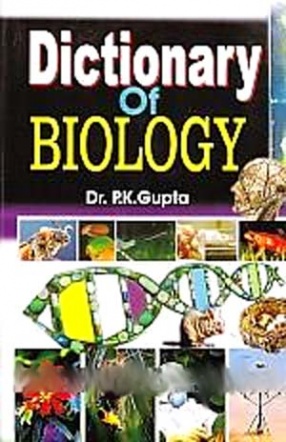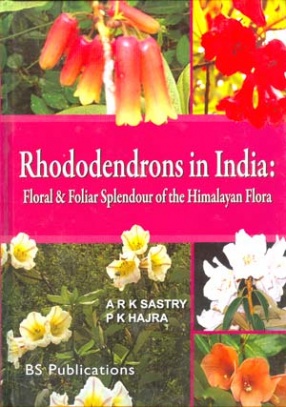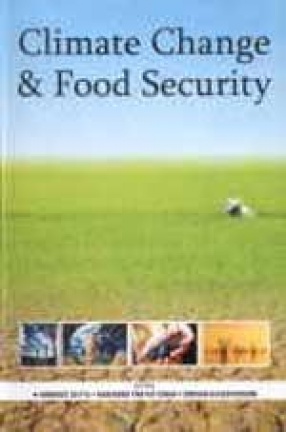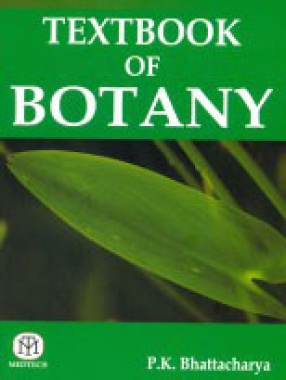The Nanda Devi Biosphere Reserve lies approximately between 300 16′ to 300 41′ N latitude and 790 40′ to 800 05 E longitude with a spread of about 2000 sq. km and range of altitude between 1500 m to 5600 m. It is in the Chamoli district of the Garhwal Himalayas of Uttar Pradesh. The Eastern and Southern rims of the biosphere from the border of Chamoli district with Pithoragarh and Almora districts respectively. From the preface:"The basic objectives of the biosphere reserves are to conserve the diversity and integrity of biotic communities of plants and animals within natural and seminatural ecosystems for present and future use; to safeguard the genetic diversity on which their evolution depends and to provide area and facilities for ecological and environmental research, education and training. Over the years, the guidelines, for the planning and management of the biosphere reserves have been expanded to make them more relevant to human needs and economically and socially acceptable to the populations concerned. Despite various lacunae and imperfections in the realization of these objectives, the primary functions of a biosphere reserve remains to facilitate in situ conservation to all forms of life along with its support system in its totality so that it could serve as a referral system for monitoring and evaluating changes in natural ecosystems, training of specialists and environmental education. Based on the recommendations made by the core group set up under the Man And Biosphere programme (MAB) of the Government of India, 14 biodiversity rich sites were identified for establishing biosphere reserves throughout the country. Thought the project documents of all the sites have been prepared, yet only eight such sites are so far delcared as biosphere reserves. The Nandadevi biosphere reserve, which came into existence on 1st January 1988, is one of them. In the present publication an attempt has been made to document the plant wealth of the Nanda Devi Biosphere Reserve based on a number of botanical explorations in the area for over a decade by the authors themselves. The flora of reserve comprises 793 species of vascular plants, distributed in 406 genera and about 120 families. These are arranged according to the Bentham and Hooker’s system of classification, except that the genera within a family and species within genus are arranged alphabetically to make it more user friendly. Key to the genera under each family and that to the species under each genus have been provided for easy identification. Besides, the data on phenology, habit, habitat, etc. for each species has also been given. The books also briefly provides data on plants of the reserve with considerable ethnobotanical significance. It is hoped that the flora will be useful to botanists, environmentalists, researches and the managers of the biosphere reserve alike.
Dictionary of Biology
$21.60
$24.00






There are no reviews yet.